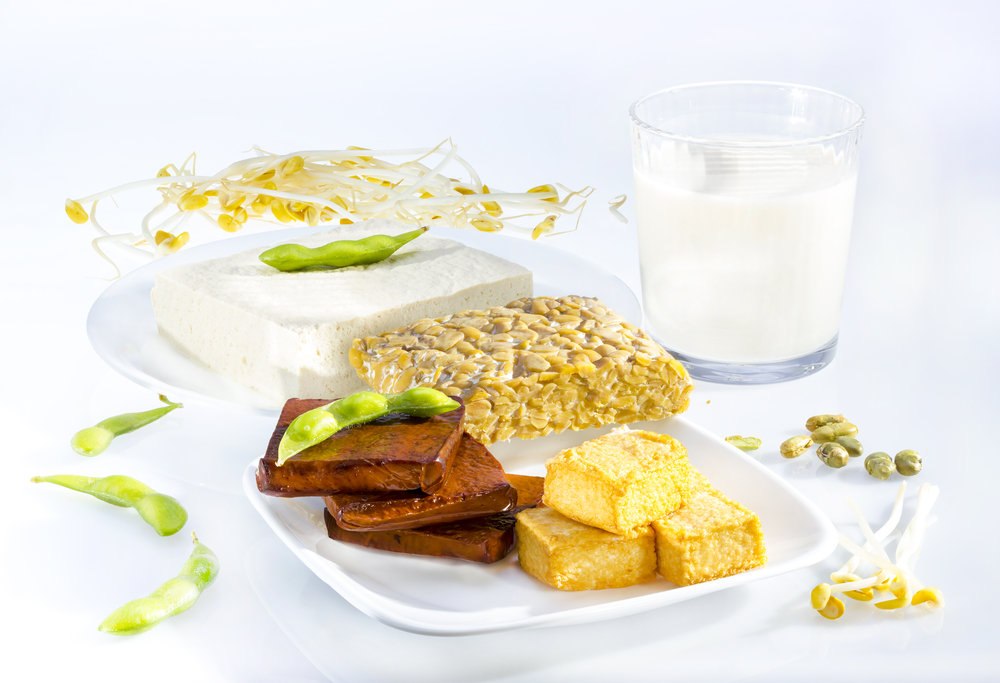Ready for the best high protein vegan foods list. We‘ve got 21 of the best vegan protein sources so there is plenty to choose from!
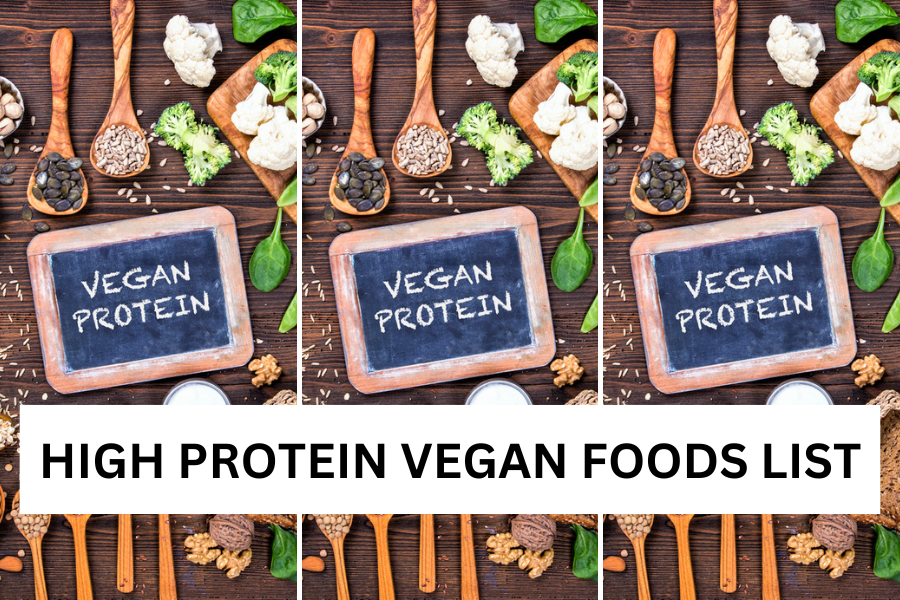
This blog post will cover the best high protein vegan foods list and which ones has the highest protein so you can choose the best vegan protein for you.
We will also cover the answer to ‘How can a vegan get 100g of protein a day?’ and give you a easy way to consume your desired amount of vegan protein daily.
What do vegans eat for protein?
Vegans can eat a variety of different foods for protein. There are alot of vegan protein sources that have a high protein content and has other good health benefits such as lentils, quinoa and spirulina. There are also protein products available on the market such as vegan protein bars, vegan protein powders and vegan protein pasta made especially with the intent to help you increase your protein intake easily. Below we have listed the 21 best vegan protein sources.
Below We Have the 21 Best High Protein Vegan Foods List
BEST HIGH PROTEIN VEGAN FOODS LIST
1. Tofu, tempeh, and edamame
Tofu, tempeh and edamame
Tofu, tempeh, and edamame are all similar because they are all complete proteins. All three soy products have all the essential amino acids.
As you can see in the exact figures below, they are high in protein.
They are also rich in omega-3 fatty acids and fiber which can have many benefits for your skin (skin needs healthy fats to maintain a plump look and assist with the aging process).
Protein per 100 grams of tofu = 8 grams
Protein per 100 grams of edamame = 11 grams
Protein per 100 grams of tempeh = 8 grams
2. Lentils
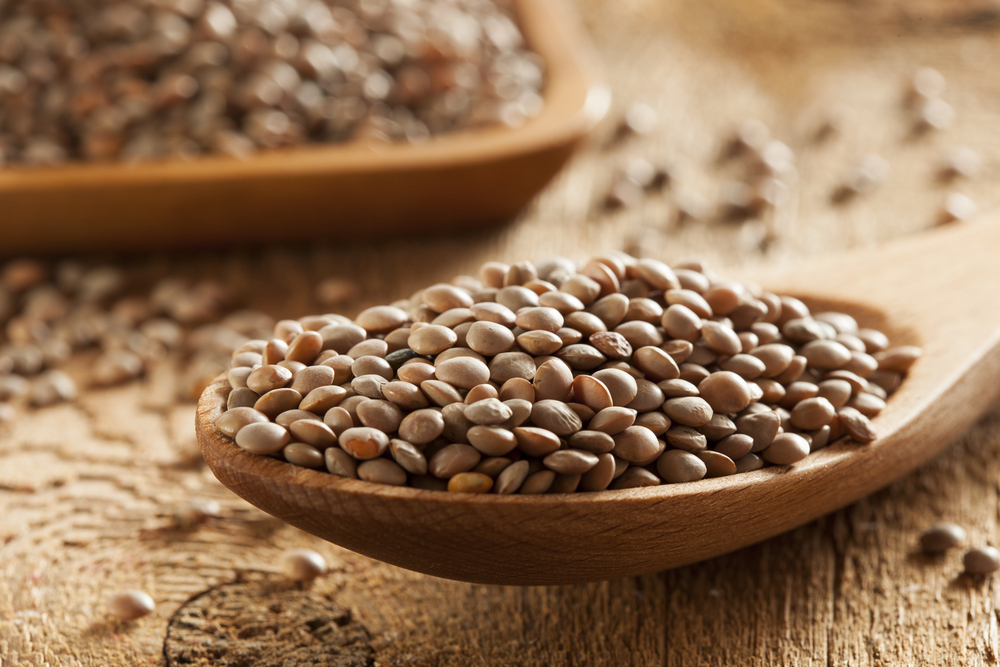
Brown Lentils
Lentils are a great way for vegans to increase their protein intake. Lentils are also very high in fiber and your gut will absolutely love them.
For people who want to watch their figure, lentils are very low in saturated fats. You can consume lentils by boiling them and they are pretty easy to find in stores.
Lentils also have an amino acid called lysine which is known to help prevent cold sore outbreaks, of course, nothing cures the virus however it can help prevent your having the actual outbreaks.
Protein per 100 grams of Lentils: 9 grams (boiled)
3. Chickpeas
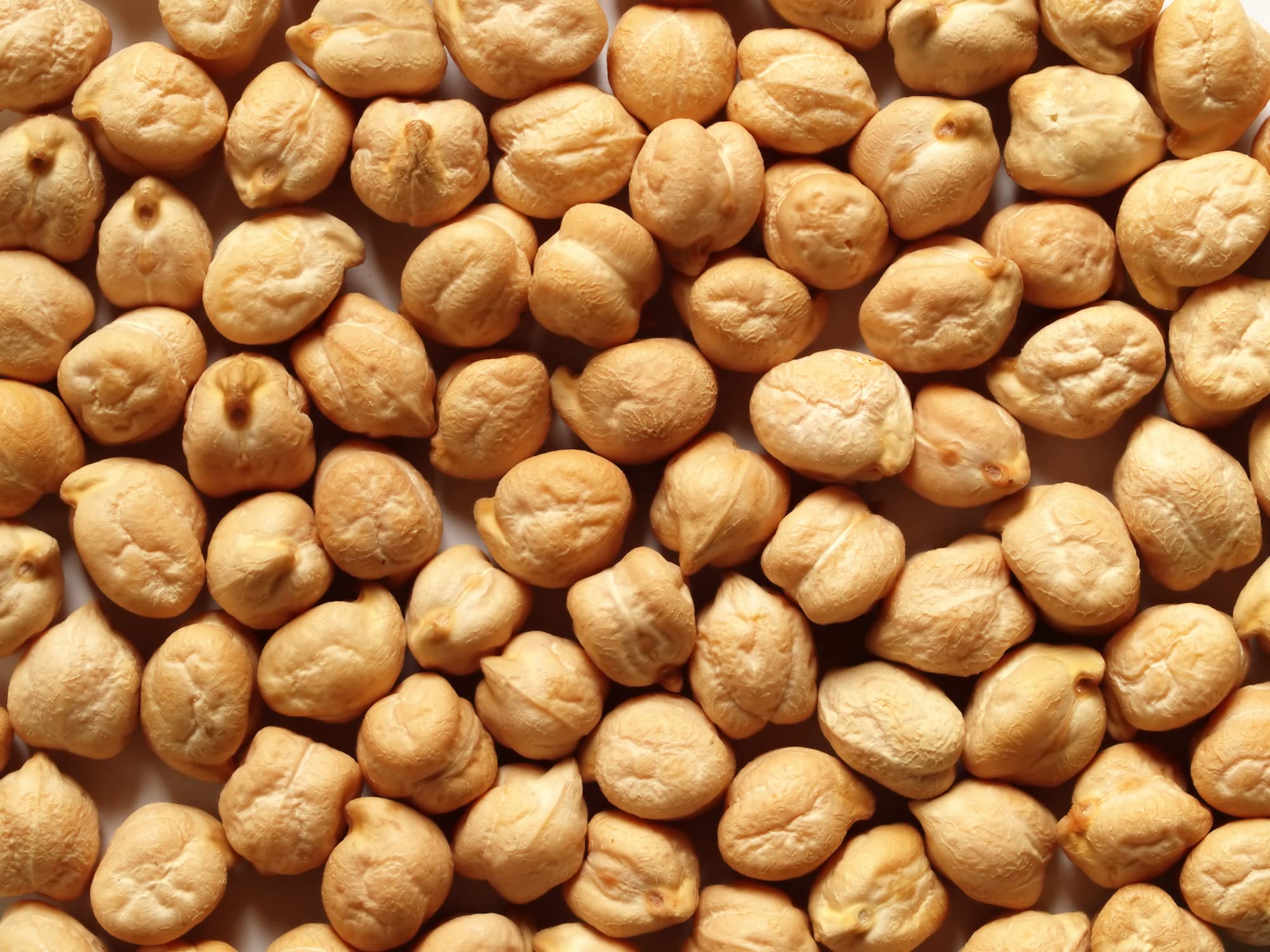
Chickpeas
Chickpeas are a excellent and delicious source of protein for vegans. They are also high in iron and fiber which is great for your gut and digestion and of course your energy levels.
Chickpeas are a really good vegan protein source because they are versatile and easily found in stores and restaurants; it shouldn’t be difficult to incorporate them into a vegan-balanced diet.
Protein per 100 grams of chickpeas = 19 grams
4. Peanuts
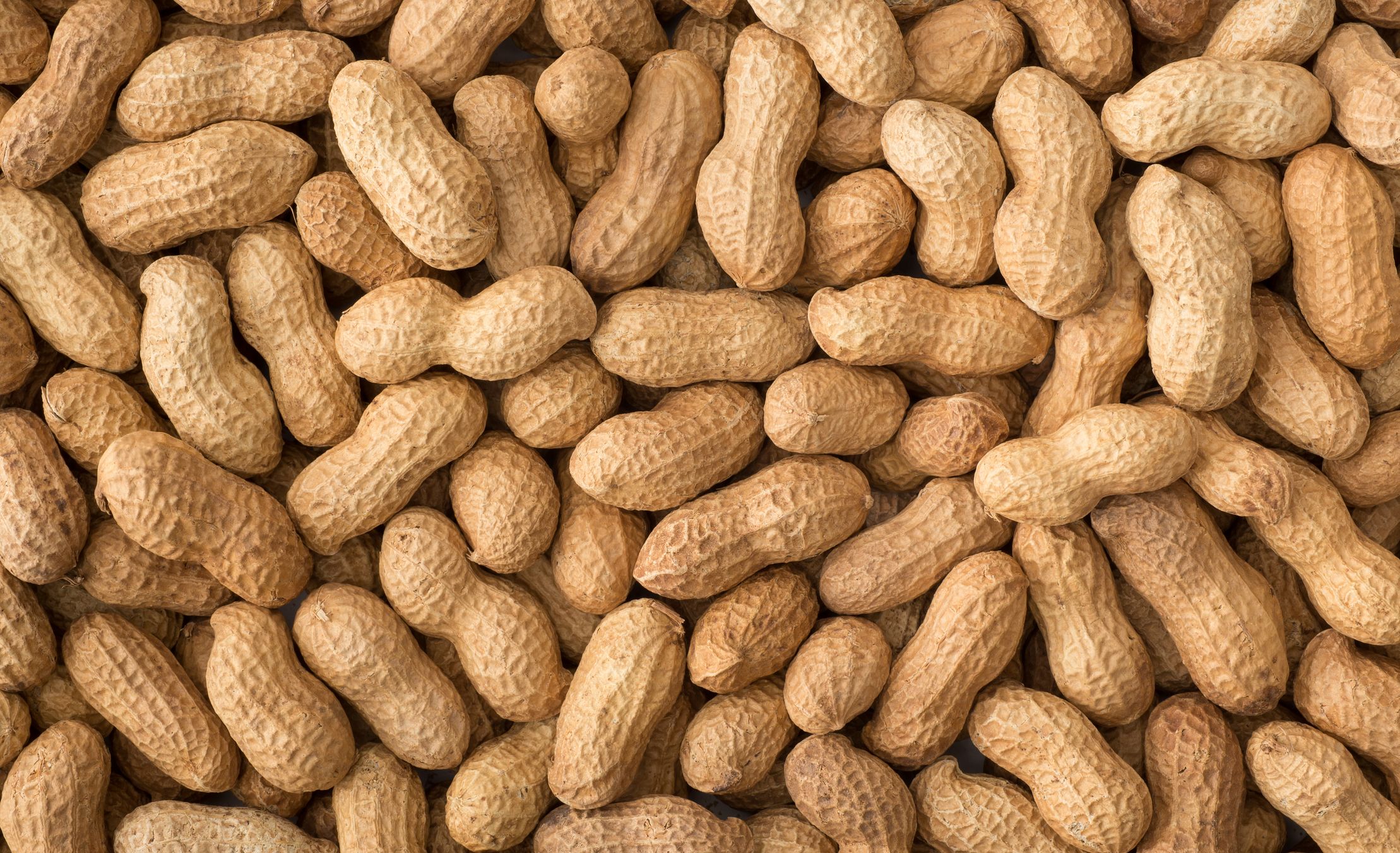
Peanuts
Peanuts are an amazing vegan protein source as they are super high in protein, just 100 grams of peanuts contain 26 grams of protein!
Peanuts are so easy to eat because you can snack on them or consume them in other ways such as peanut butter.
Peanuts are also great for assisting weight loss and there are even studies that show that they can reduce the risk of cancer.
Protein per 100 grams of peanuts = 26 grams
5. Almonds
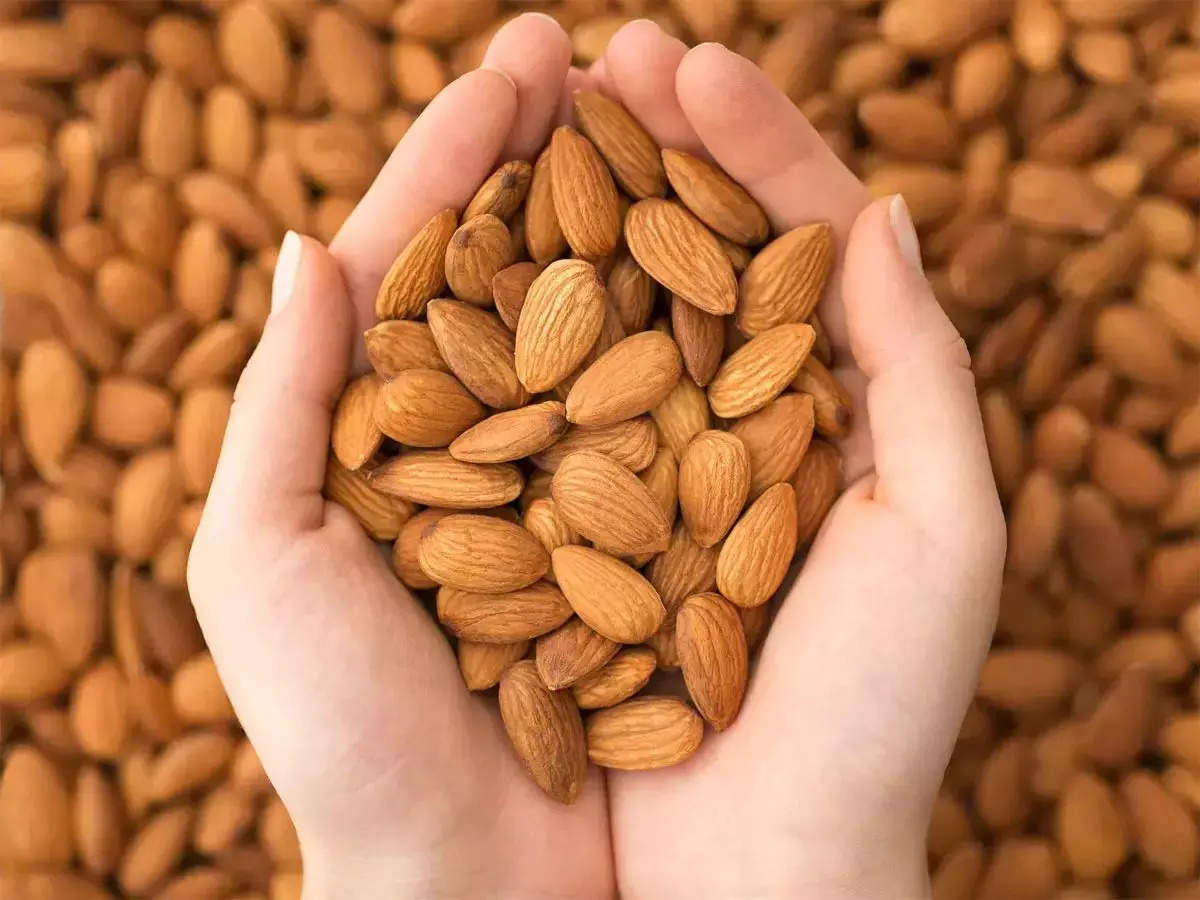
Almonds
Almonds are another nut that is super high in protein! Almonds have a variety of great vitamins that are beneficial to to your health such as zinc, potassium and iron.
Protein per 100 grams of Almonds = 21 grams
6. Green peas
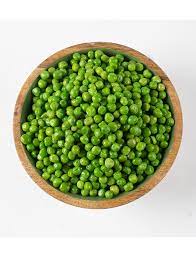
Green peas
Green peas are a great source of protein especially because it is also high in so many other vitamins such zinc. Green peas are rich in antioxidants and great for you overal.
Protein per 100 grams of green peas = 5 grams
7. Spirulina
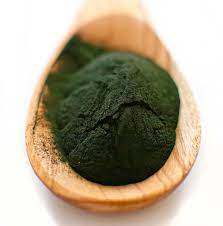
Spirulina
Spirulina is considered a super food because it has a number of health benefits. It can reduce your blood pressure and also contains many different vitamins.
Spirulina is great to add to smoothies, although the number of grams below is significantly larger then the other protein sources, it is good to take into consideration the likely proportion you would have.
You’ll find that the average portion of spirulina is about a teaspoon per e.g smoothie.
Spirulina is 57 grams of protein per 100grams
8. Quinoa
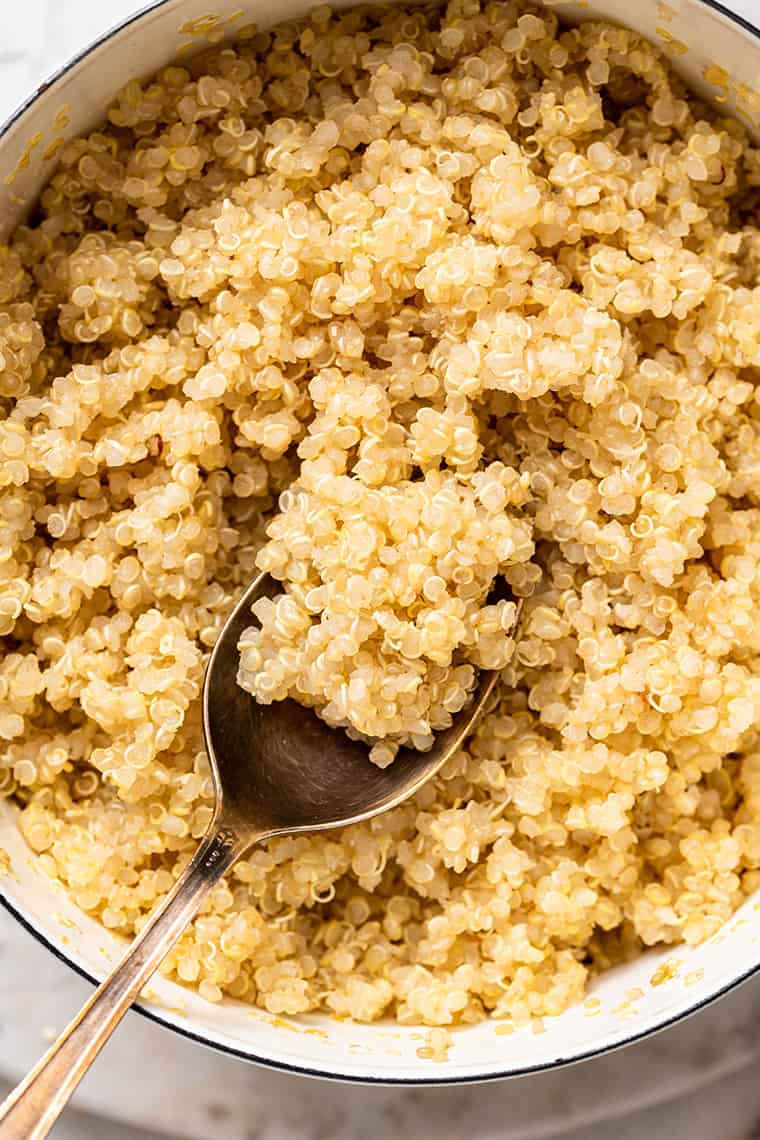
Quinoa
Quinoa is very nutritious and contains alot of vitamins such as potassium and magnesium. Quinoa can make an excellent vegan protein source and can easily take the place of ‘rice’ in most recipes. It is great in salads.
Quinoa is also rich in fiber.
Protein per 100grams of Quinoa = 4.4 grams
9. Buckwheat
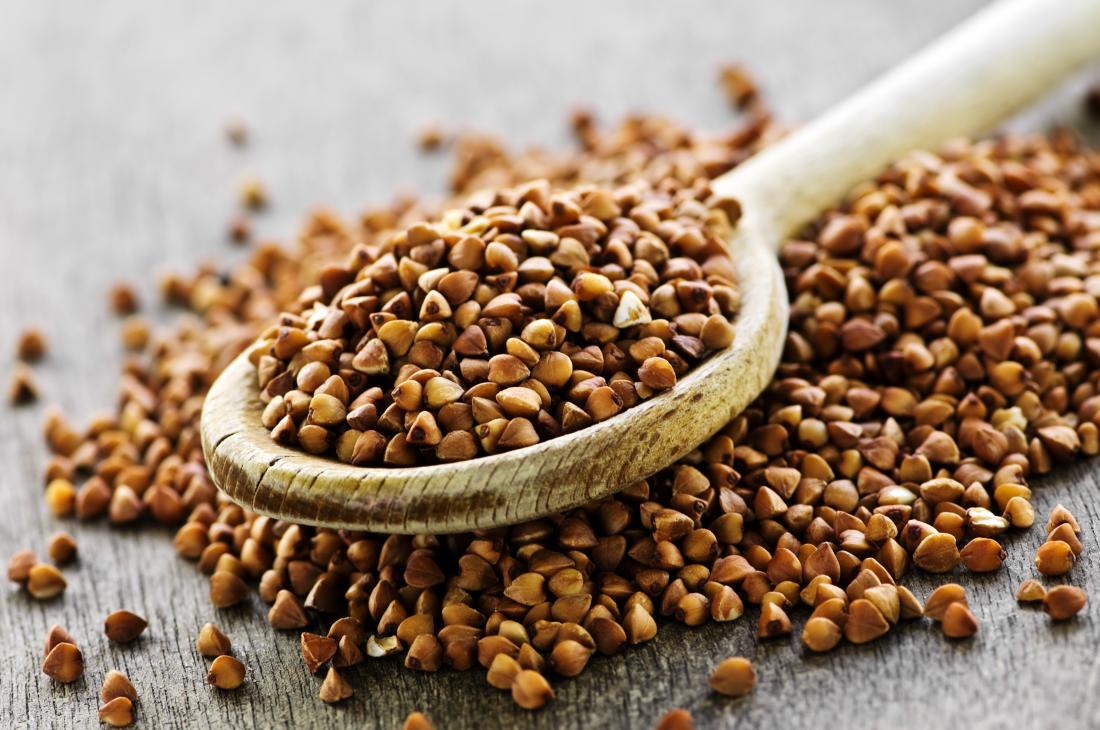
Buckwheat
Buckwheat is another food that has gained the title ‘superfood’. It is very high in fiber and has been attirbuted to promoting weight loss and health conditions.
Your gut loves buckwheat as it is a prebiotic.
As for the protein content, it is high. Buckwheat can be consumed in different ways
-
Buckwheat flour
-
Buckwheat pasta
-
Buckwheat
Protein per 100 grams of buckwheat = 13.3 grams
10. Beans
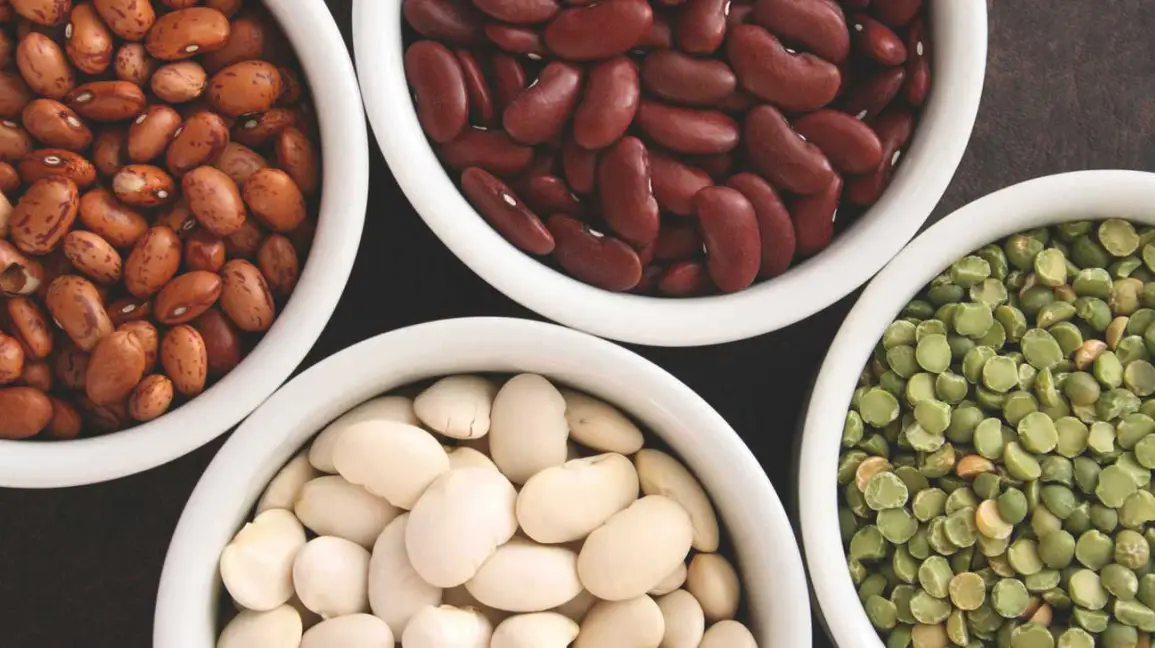
Haricot beans, Butter beans and Kidney beans
Beans are a known to be a great source of fiber and they most definitely are but they are also a great source of protein! Vegans can increase their protein intake alot by adding a variety beans to their diets.
Alongside being high in fiber and of course protein, beans are also high in potassium and iron which can be preventive to many health issues and boost your immune system overall.
Protein per 100 grams of Haricot beans(baked beans) = 6 grams
Protein per 100 gram of Butter beans = 8 grams
Protein per 100 grams of Kidney beans = 9 grams
11. Plant Based Milks
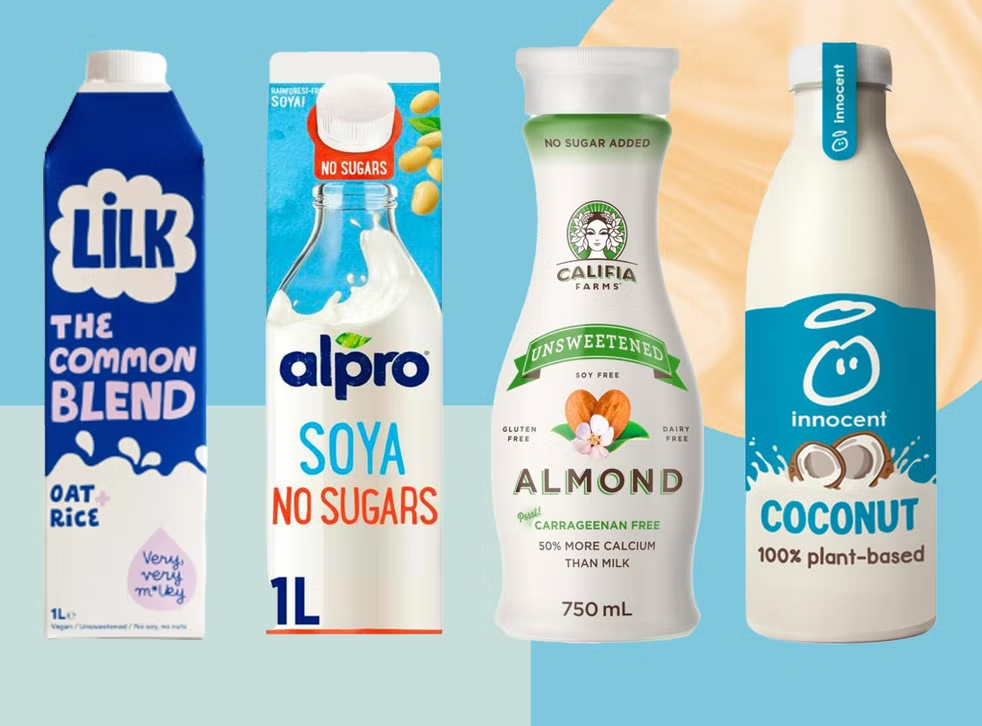
Plant based milks
Coconut Milk is great for you because it has some great fatty acids. Coconut milk also contains vitamins and is super hydrating as it contains electrolytes.
Oat milk has a good amount of protein and also high in vitamins B. Oat milk is a thicker consistency and is often one of the more preferred vegan plant milks due to its taste.
Almond milk takes first place when it comes to having a high amount of protein. You can get lots of protein for from almond milk and it is high in vitamins D.
Soy milk is also another great source of protein as it has 3.4grams per 100ml of milk which is pretty high. Soy milk is also high in fatty acids that are important to implement into your diet because it is not something that just occurs in your body on it’s own.
Protein per 100ml of Coconut milk = 2 gram
Protein per 100ml of Oat milk = 1 gram
Protein per 100ml of Almond milk – 4 grams
Protein per 100ml of Soy milk = 3.4 grams
12. Oats and Oatmeal
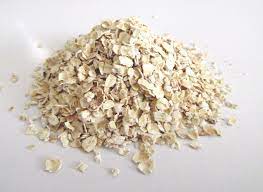
Oats
Oats are another great vegan protein source for multiply reasons.
Oats have a variety of vitamins and minerals, they are also a great source of fiber.
Oats have a high amount of protein in them which is great because oat is definantly one of the cheapest options. As a high protein vegan source, it is great that you can purchase large quantities for not much in supermarkets/ grocery stores.
Protein per 100 grams of oats = 10 grams
OTHER POSTS YOU MAY LIKE:
– 15 INSANELY GOOD VEGAN PROTEIN BARS
– 2023 BEST VEGAN PROTEIN POWDERS TO KEEP YOU FUELED
13. Teff and Spelt
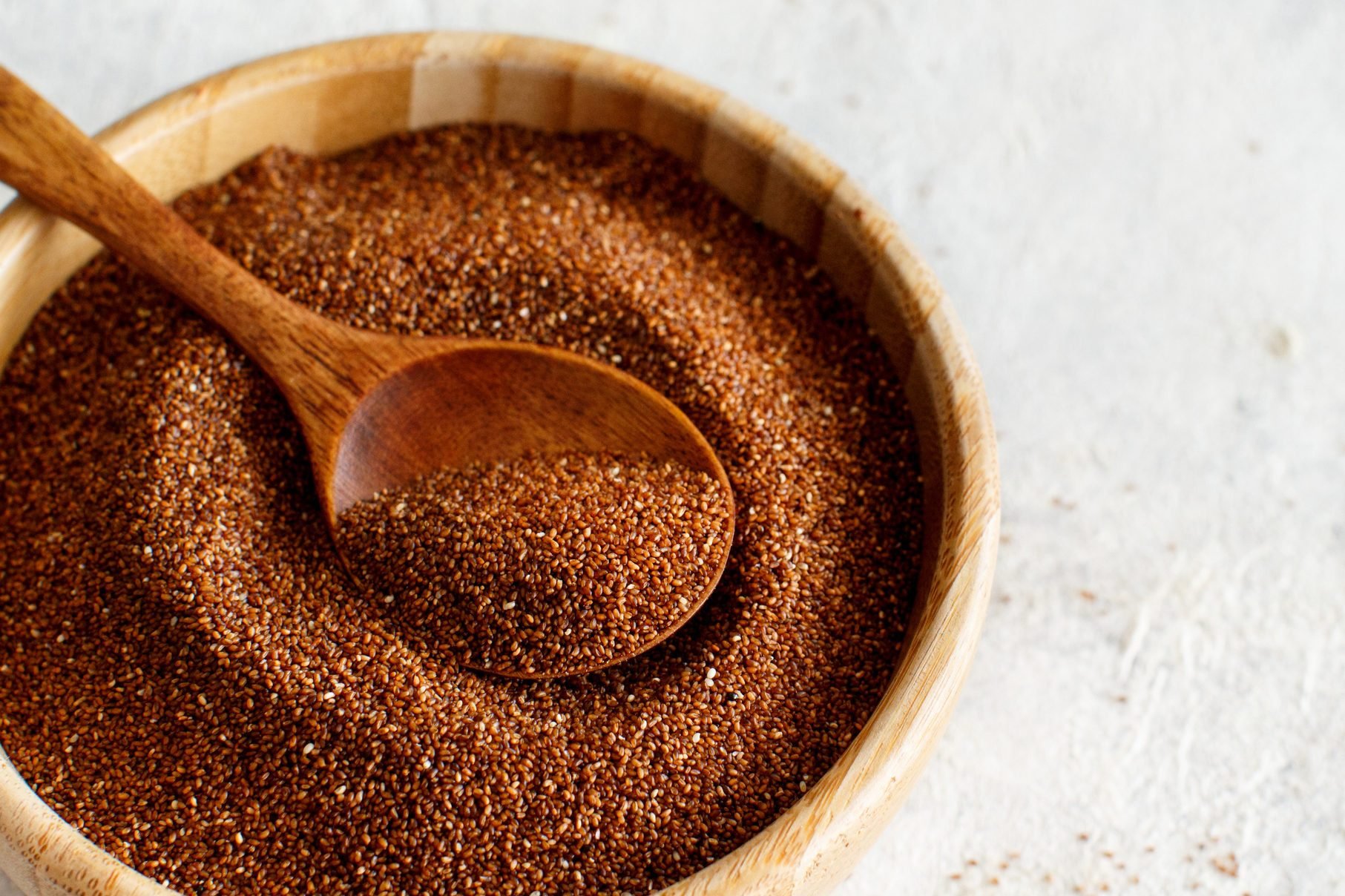
Teff is a great vegan protein source and it is really good source of fatty acids which is essential for you. Teff is high in fiber and has plenty of minerals.
Spelt provides lots of health benefits to your heart health and digestive system. Spelt is a great source of vegan protein because it does have a high amount of protein per 100 grams. You can use spelt flour to make a number of recipes.
Protein per 100 grams of Spelt = 15 grams
Protein per 100 grams of Teff = 12.2 grams
14. Amaranth
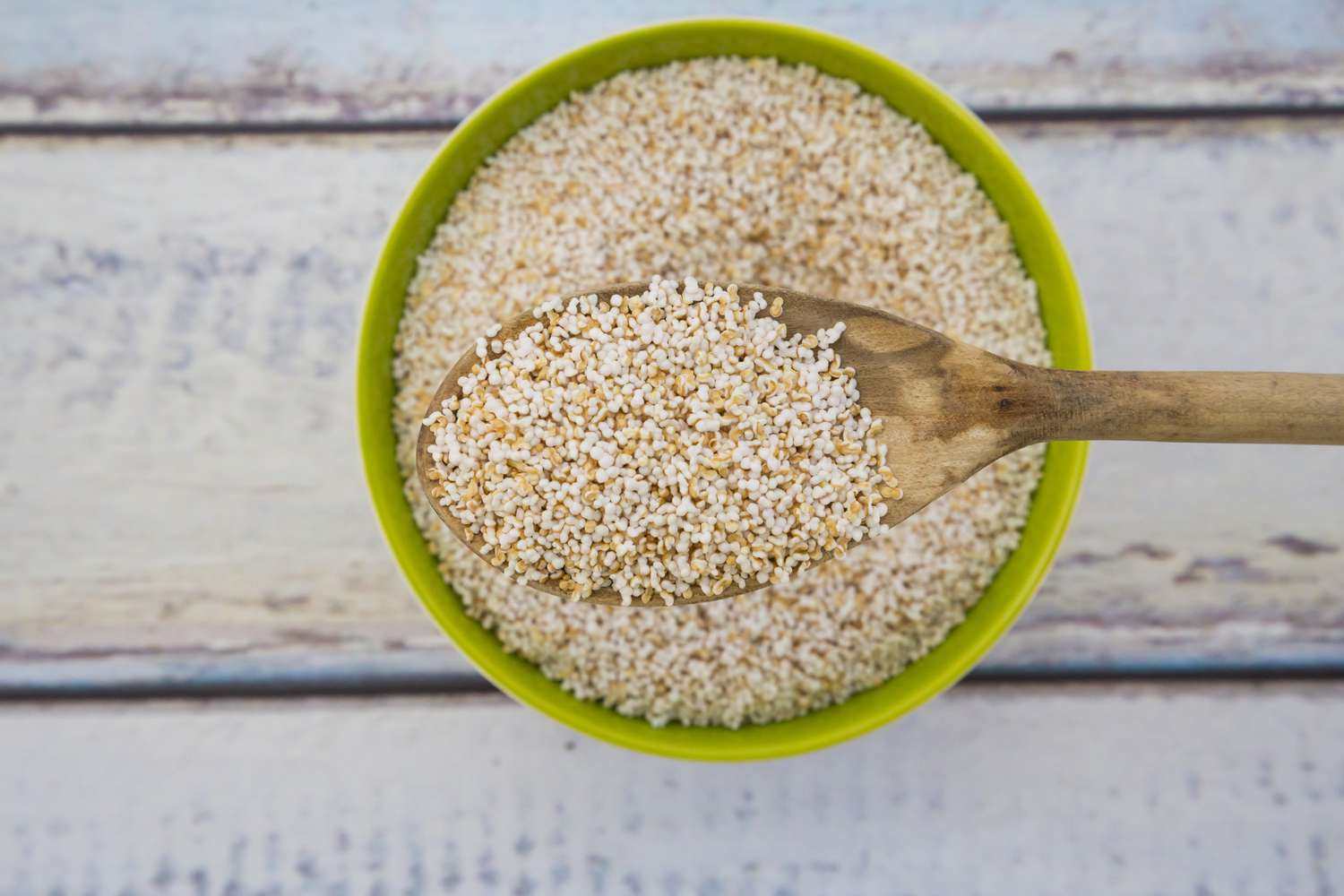
Amaranth
Amaranth is another really good source of protein and has a variety of nutrients and vitamins. It is good for reducing the signs of aging because it is high in omega 6 and omega 3 fatty acids.
Protein per 100 grams of Amaranth = 4 grams
15. Nutritional Yeast
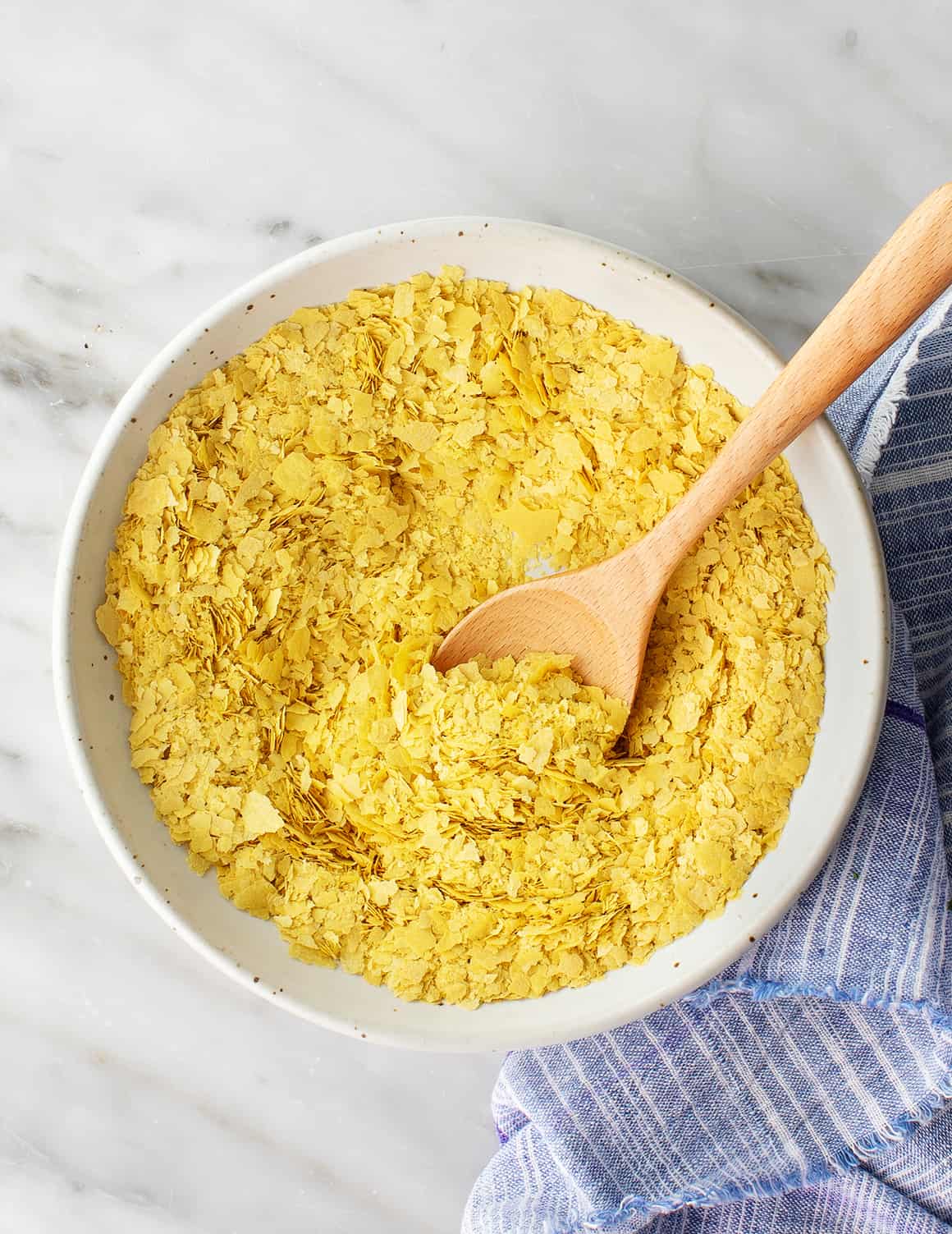
Nutritional Yeast
Nutritional yeast has some great health benefits such as preventing muscle loss. It is also a complete protein!
You can use nutritional yeast in vegan cheese recipes or even to put on top of salads for some extra protein.
Protein per 100 grams of Nutritional Yeast = 10 grams
16. Chia Seeds
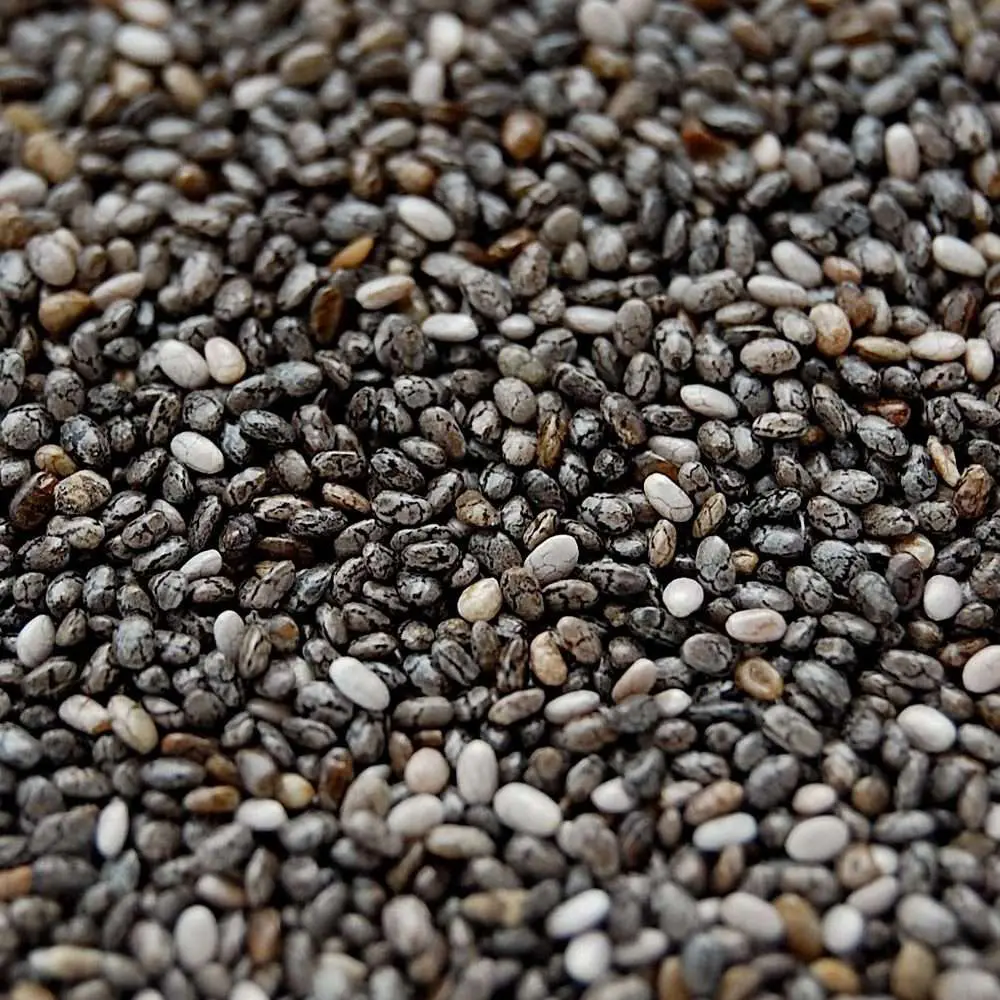
Chia Seeds
Chia seeds are very popular because they have so many health benefits and can be used in a vairety of ways.
Chia seeds are high in fiber, omega 3 fatty acids and can used in a lot of different recipes such as pancakes, smoothies and baking.
Protein per 100 grams of chia seeds = 17 grams
17. Flax seeds
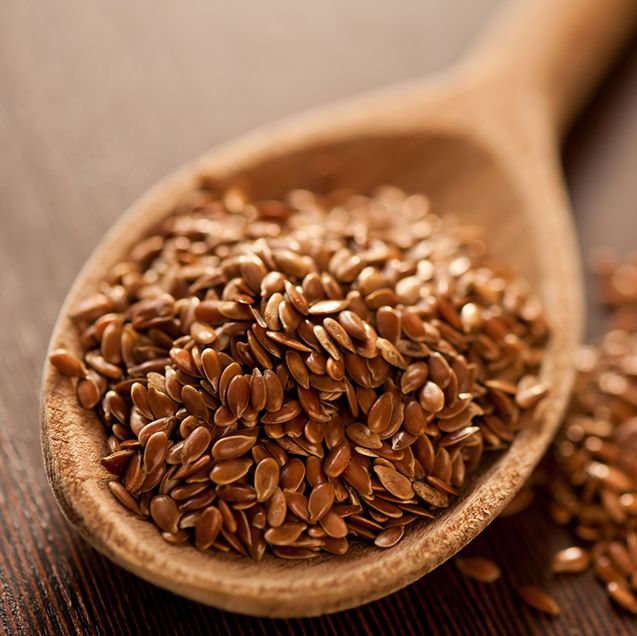
Flax seeds
Flax seeds are a excellent source of protein and like chia seeds are also high in omega 3 fatty acids and fiber!
Flax seeds is a great source of protein and can be incorporate really well in a variety of ways.
-
Baking
-
Smoothies
-
Pancakes
Protein per 100 grams of flax seeds = 18 grams
18. Hemp Seeds
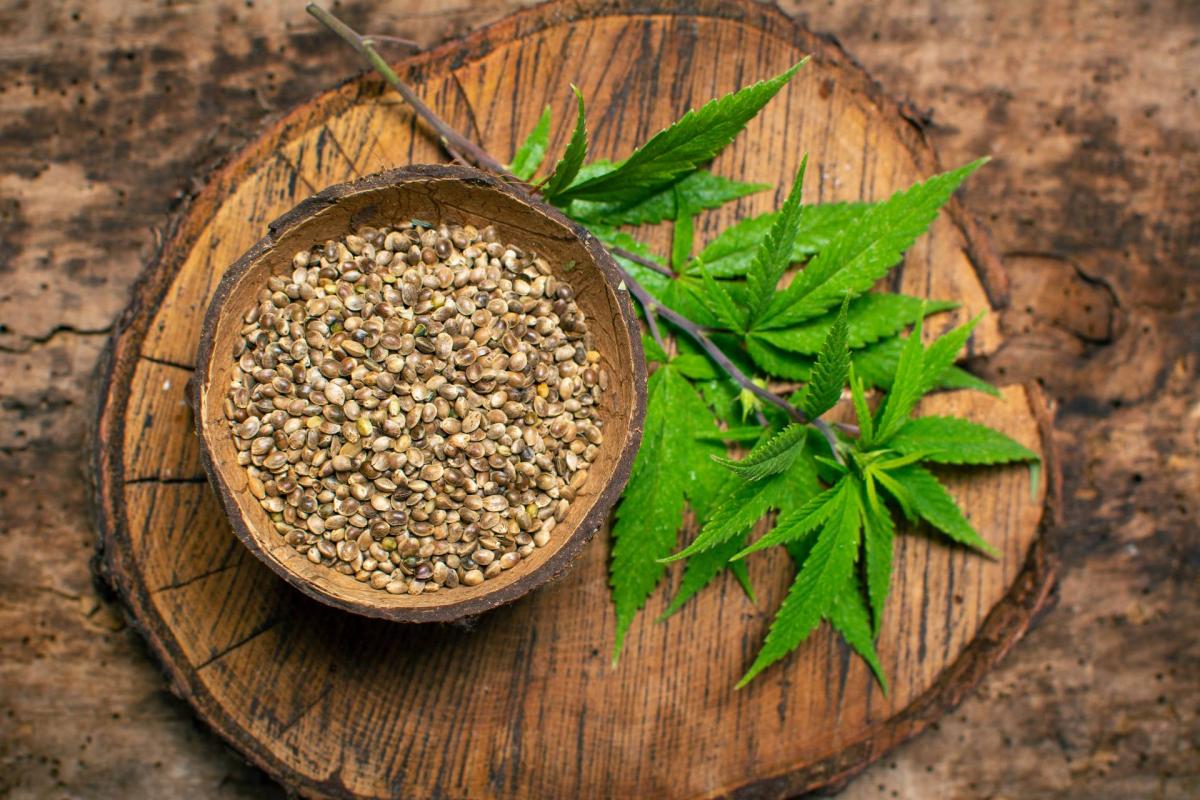
Hemp seeds
Hemp seeds is great for your heart health and reduces blood pressure. Hemp seeds are a great vegan protein source and really high in protein content.
Protein per 100 grams = 36 grams
19. Wild Rice
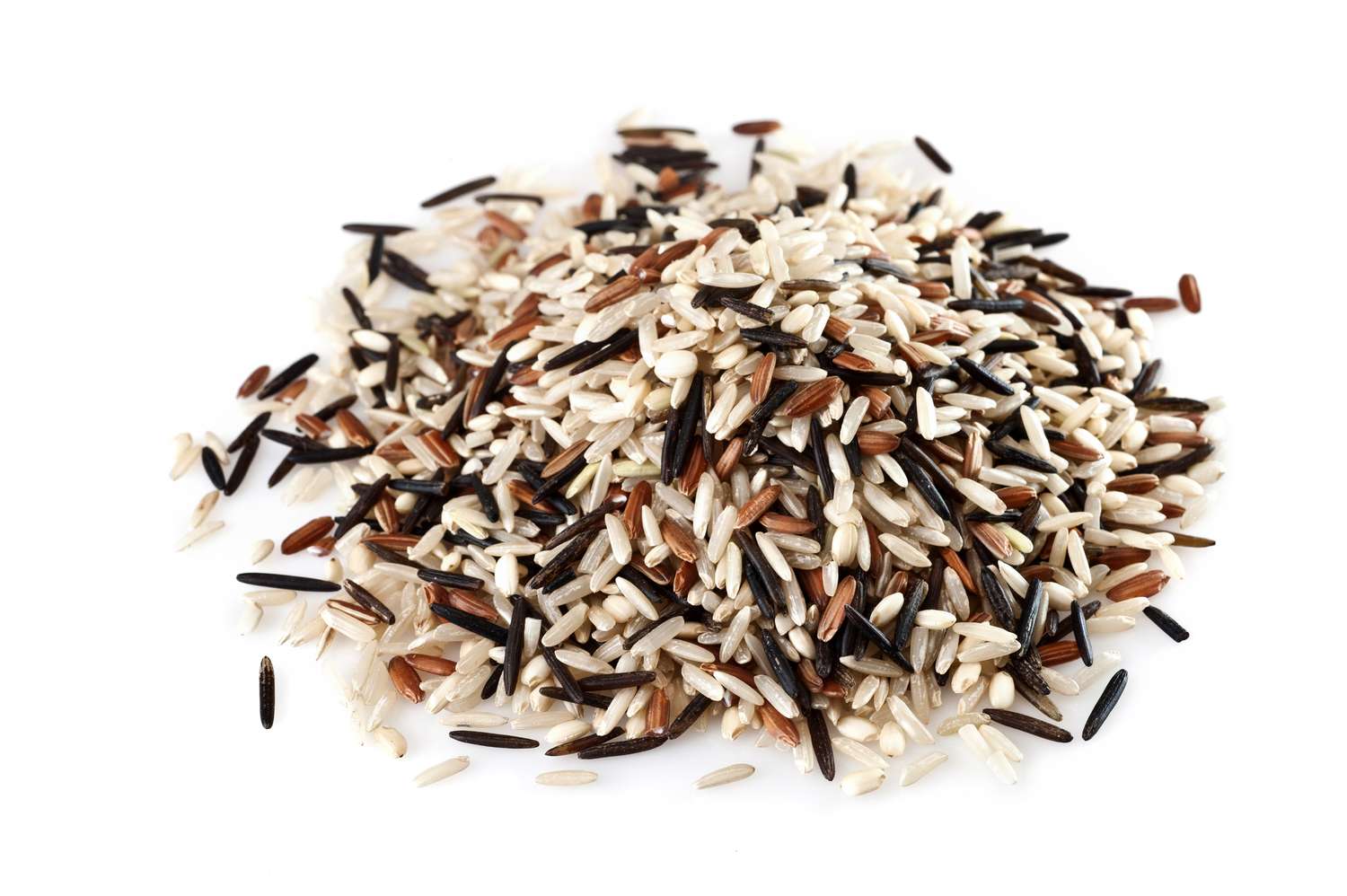
Wild Rice
Wild rice is a great source of protein and full of fiber. Wild rice is a really great antioxident.
Protein per 100 grams of Wild rise = 15 grams
20. Kale
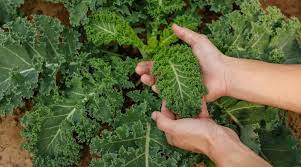
Kale
Kale is a rich in vitamin A which is very good for your skin. Kale is a great source of protein and vitamin C.
Protein per 100 grams of kale = 4.6 grams
21. Spinach
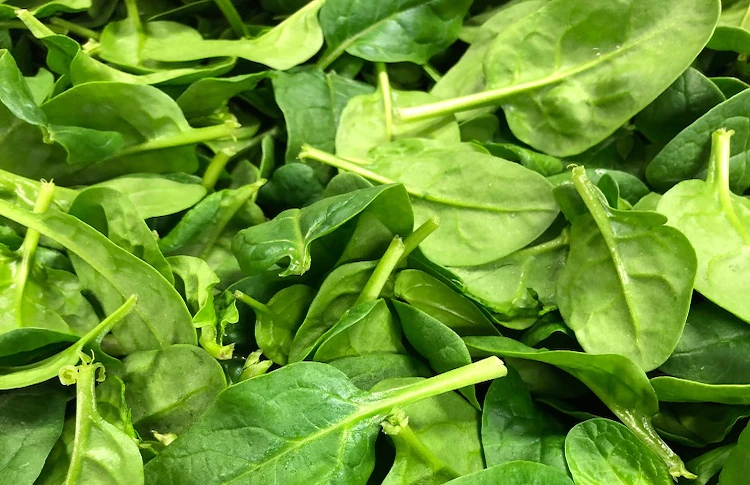
Spinach
Spinach is a great source of vitamin c, potassium and a great source of protein. Spinach is a great source of fiber.
Protein per 100 grams of Spinach = 2.9 gram
The table below shows you exactly what vegans eat for protein and how much protein is in the vegan protein sources per 100 grams. This will alow you to choose the best vegan protein source for you.
| VEGAN PROTEIN SOURCES | PROTEIN PER 100 GRAMS |
|---|---|
| 1. Tofu | 8 grams |
| 2. Edamame | 11 grams |
| 3. Tempeh | 9 grams |
| 4. Chickpea | 19 grams |
| 5. Peanuts | 26 grams |
| 6. Almonds | 21 grams |
| 7. Green peas | 5 grams |
| 8. Spirulina | 57 grams |
| 9. Quinoa | 4.4 grams |
| 10. Buckwheat | 13.3 grams |
| 11. Beans | 9 grams |
| 12. Plant Milk | 4 grams |
| 13. Oats | 10 grams |
| 14. Teff and Spelt | 15 grams |
| 15. Amaranth | 4 grams |
| 12. Nutritional Yeast | 10 grams |
| 13. Chia Seeds/ Flax seeds | 18 grams |
| 14. Hemp seeds | 36 grams |
| 15. Wild rice | 15 grams |
| 16. Kale | 4.6 grams |
There are many different vegan protein sources and choosing the right ones for you can depend of your health needs and even taste preferences.
